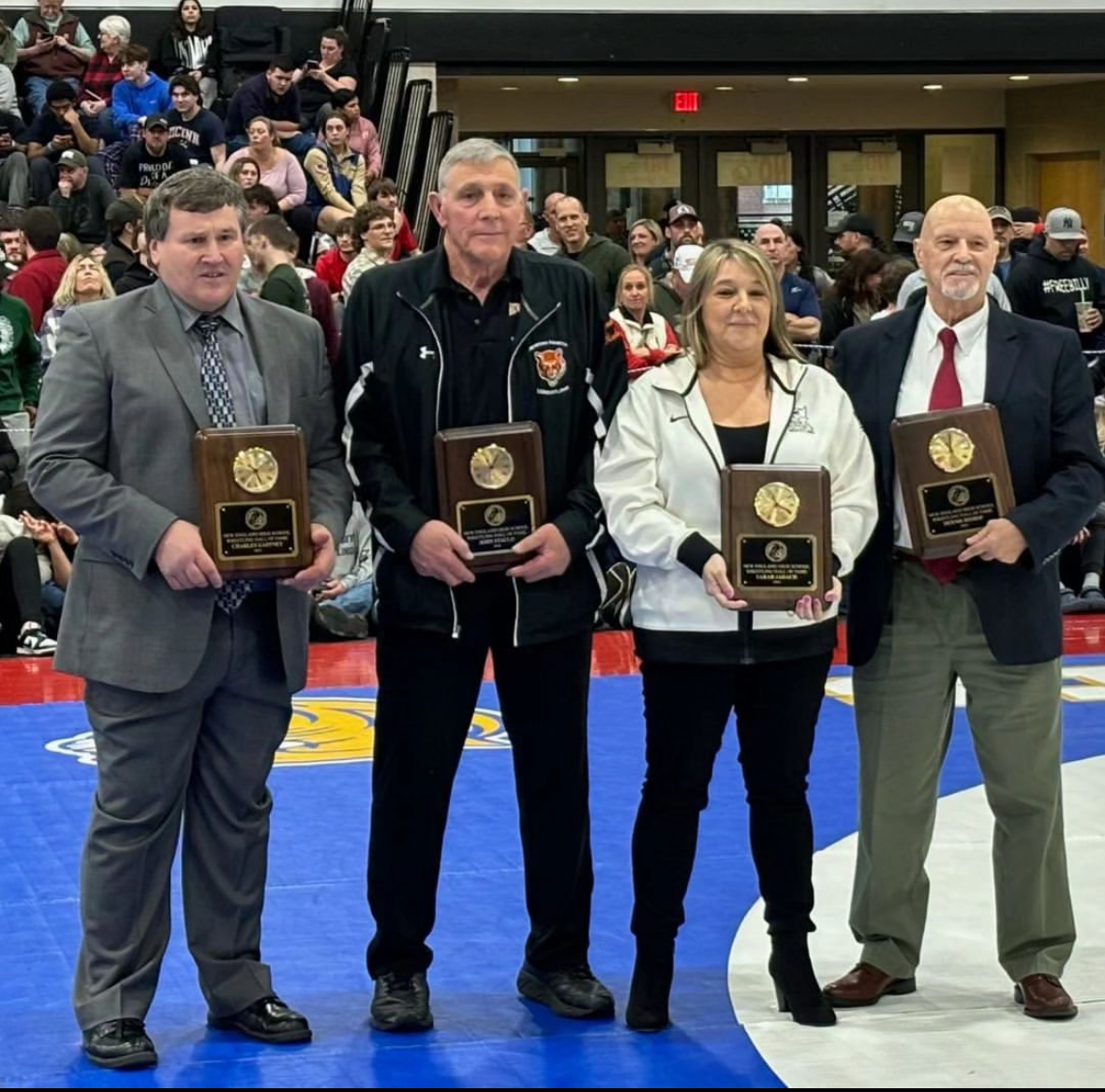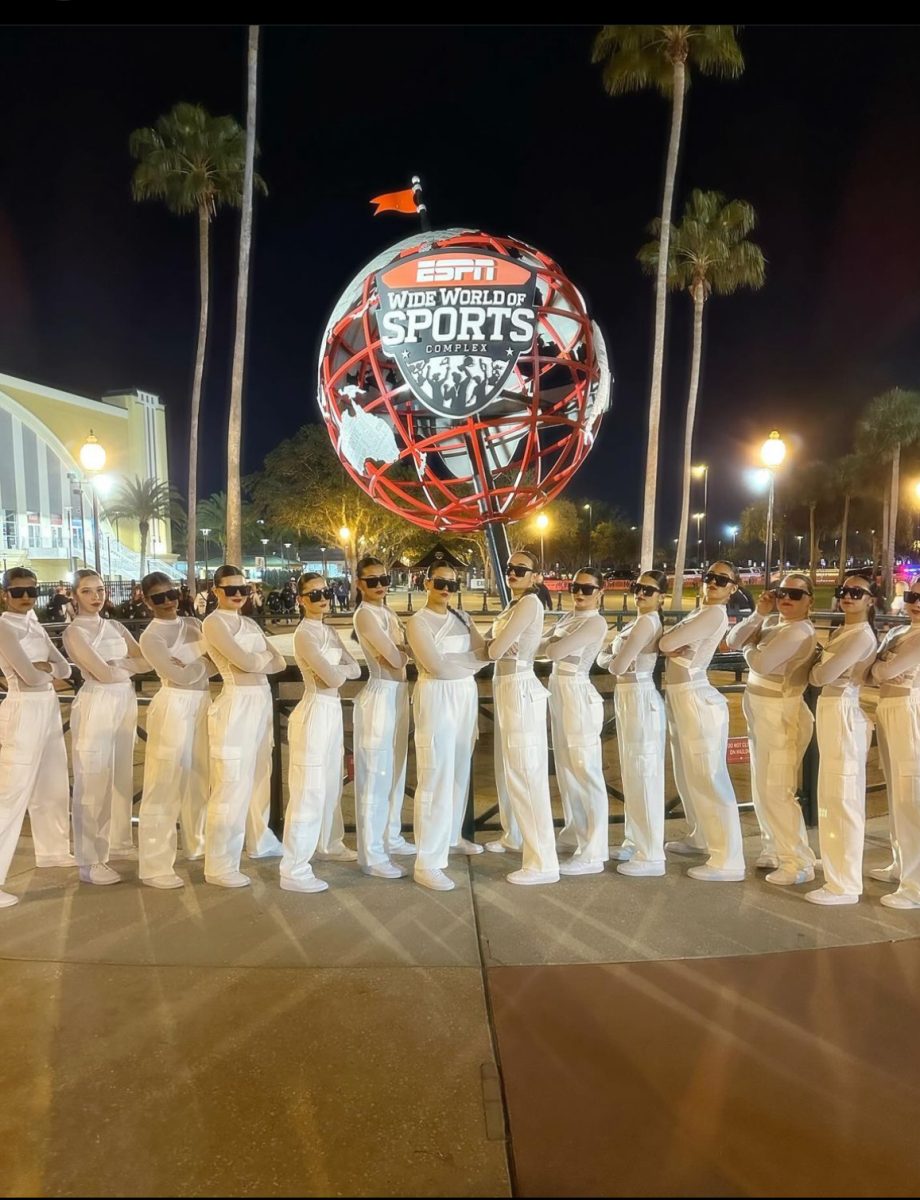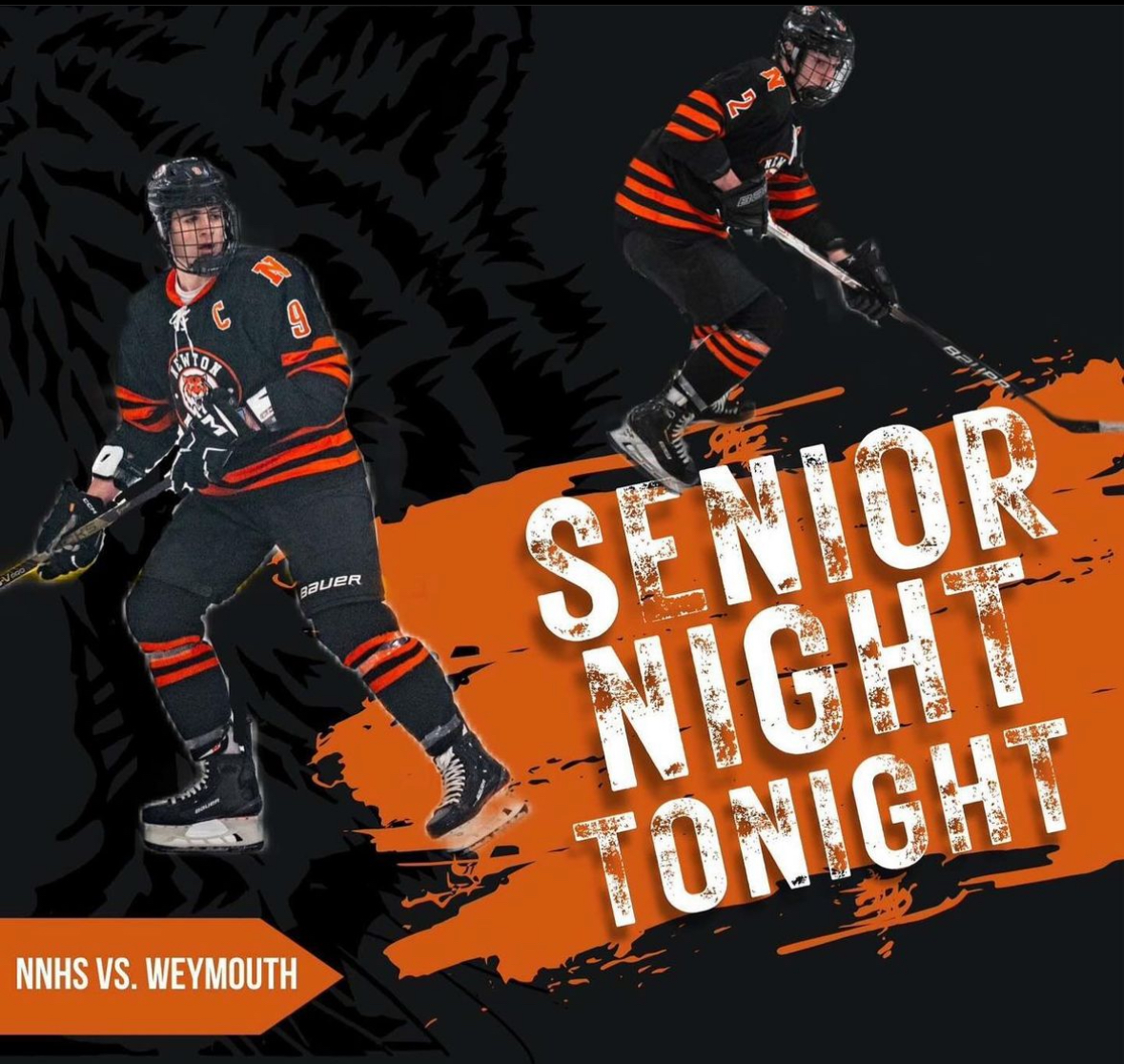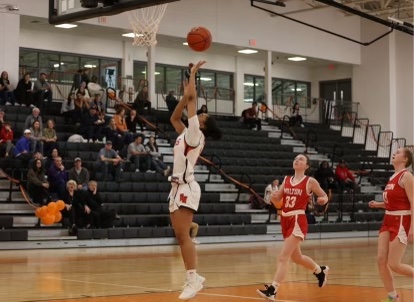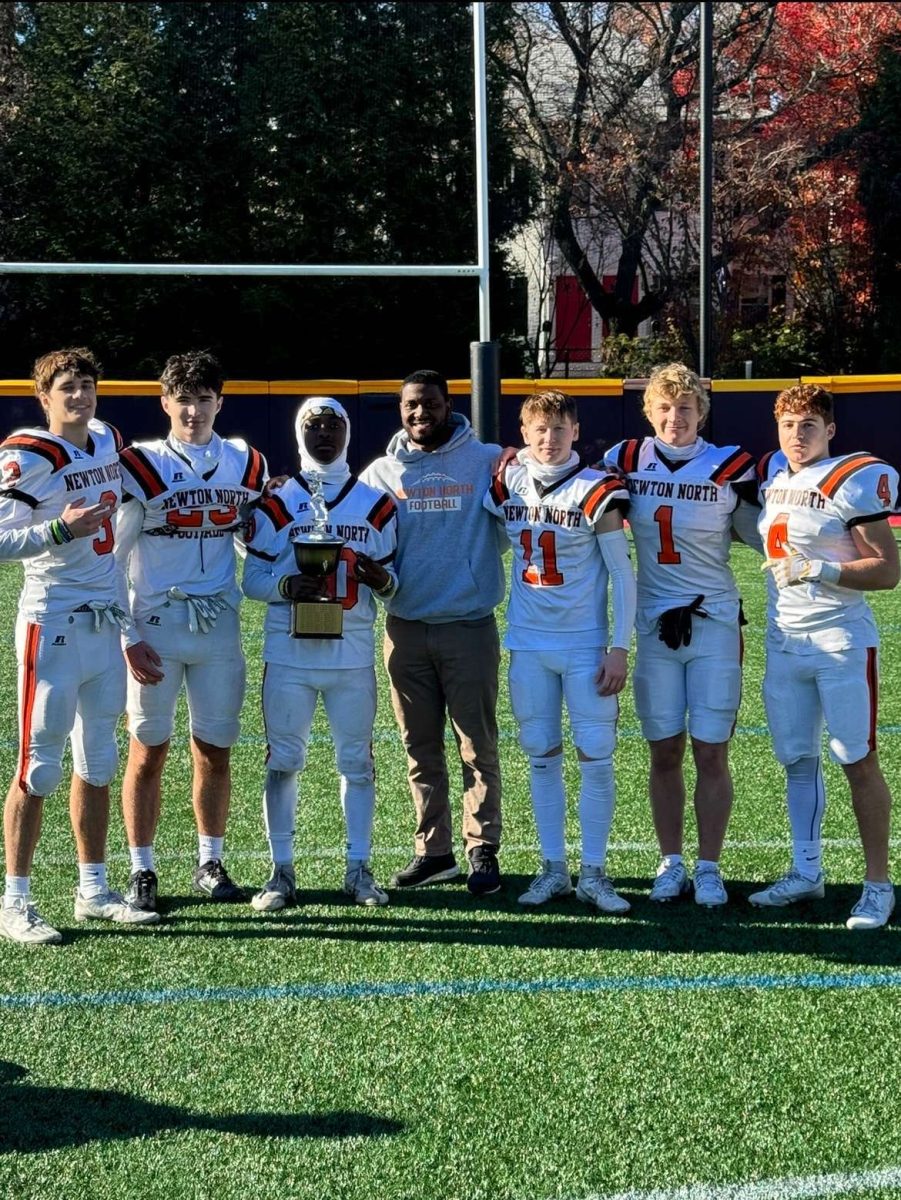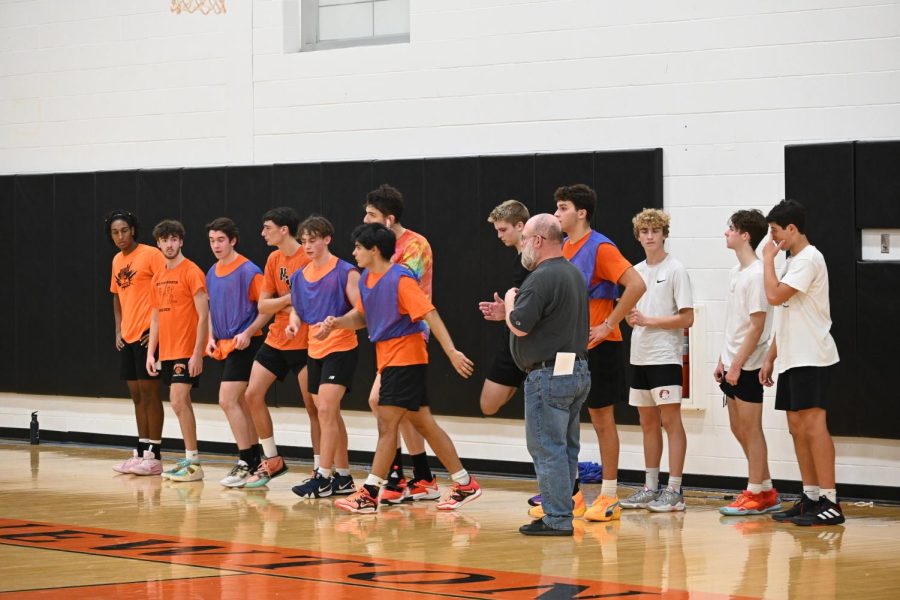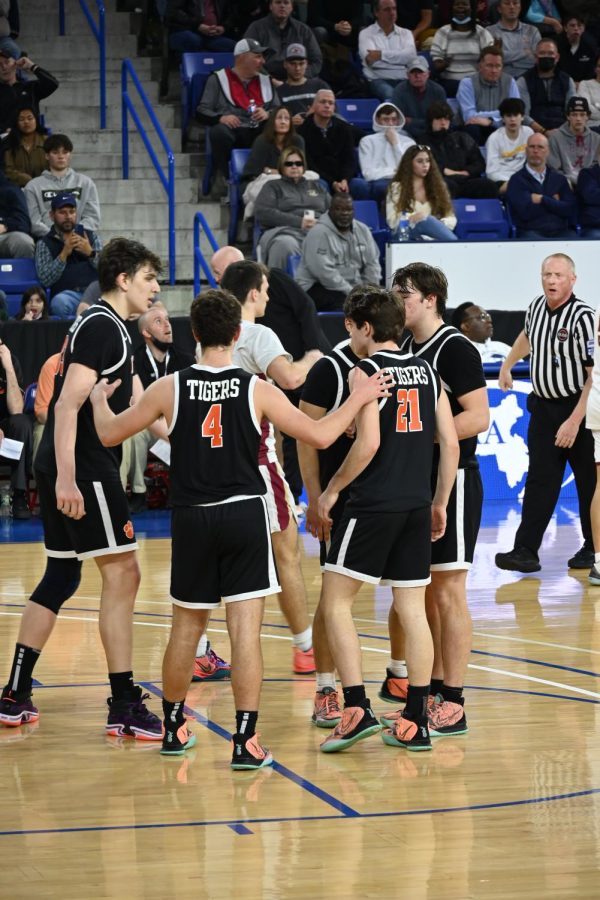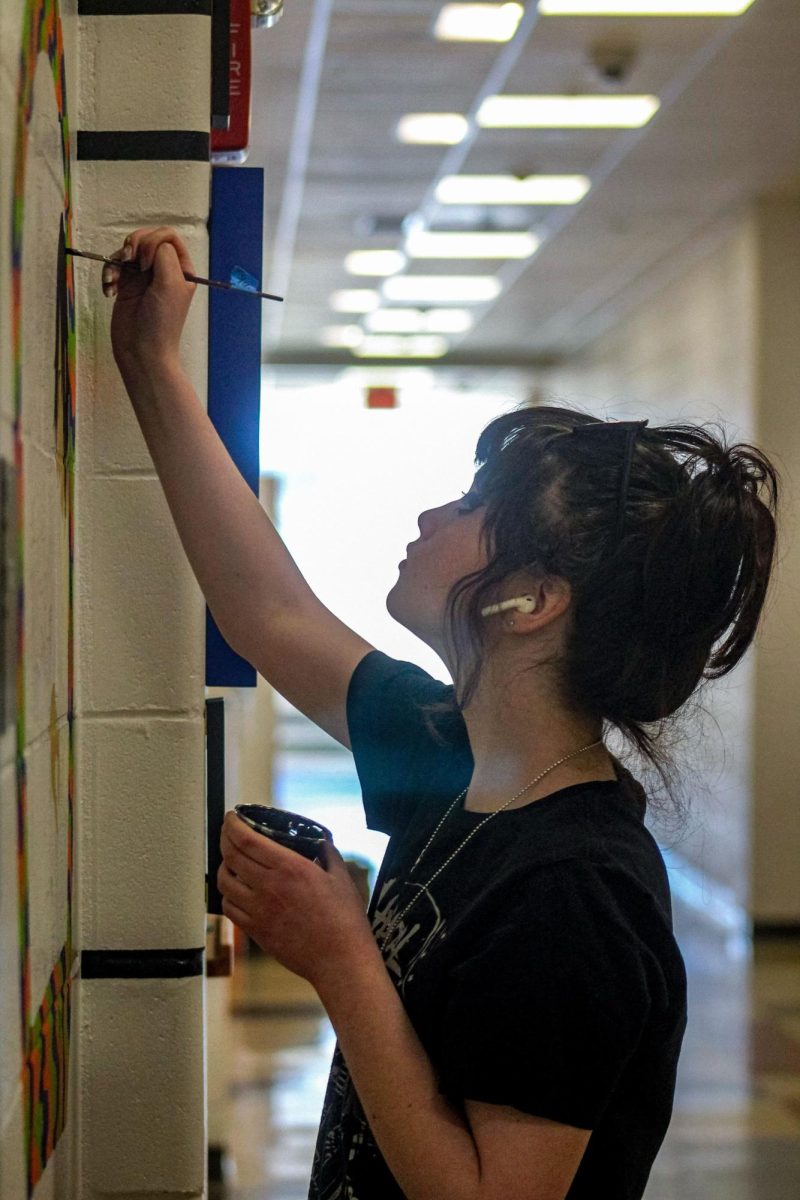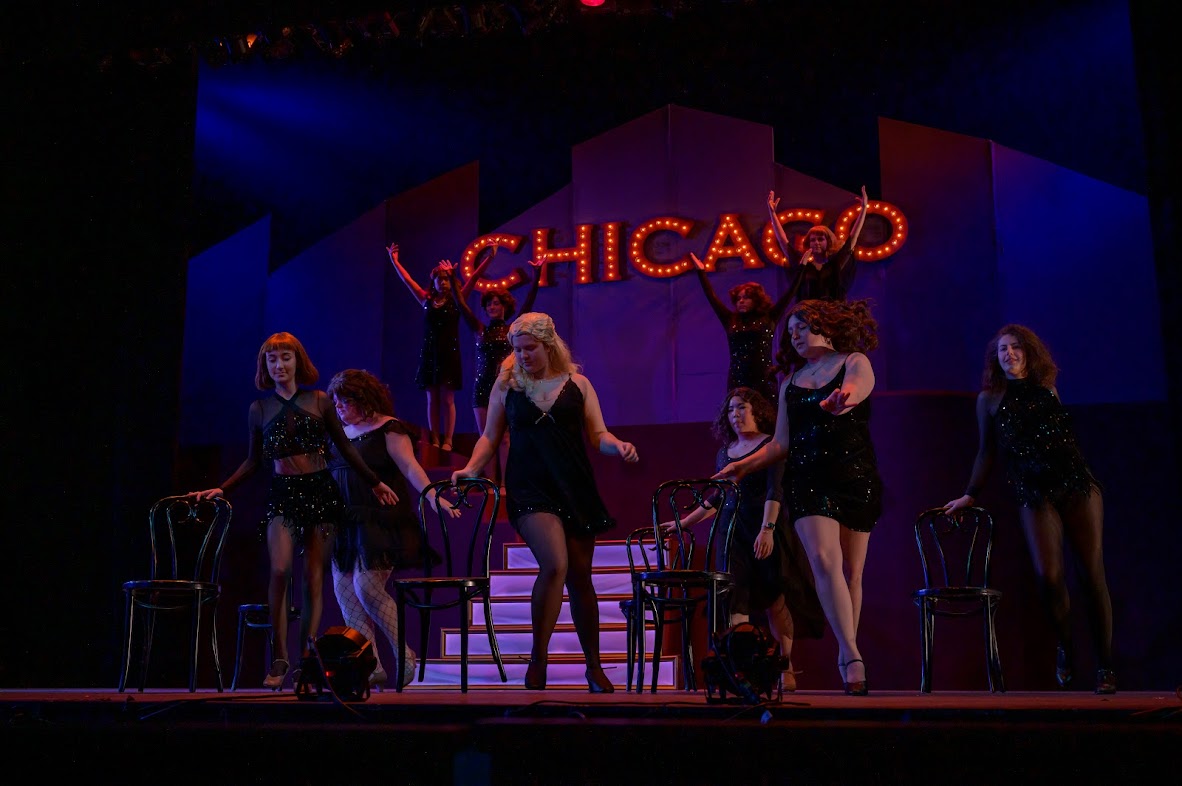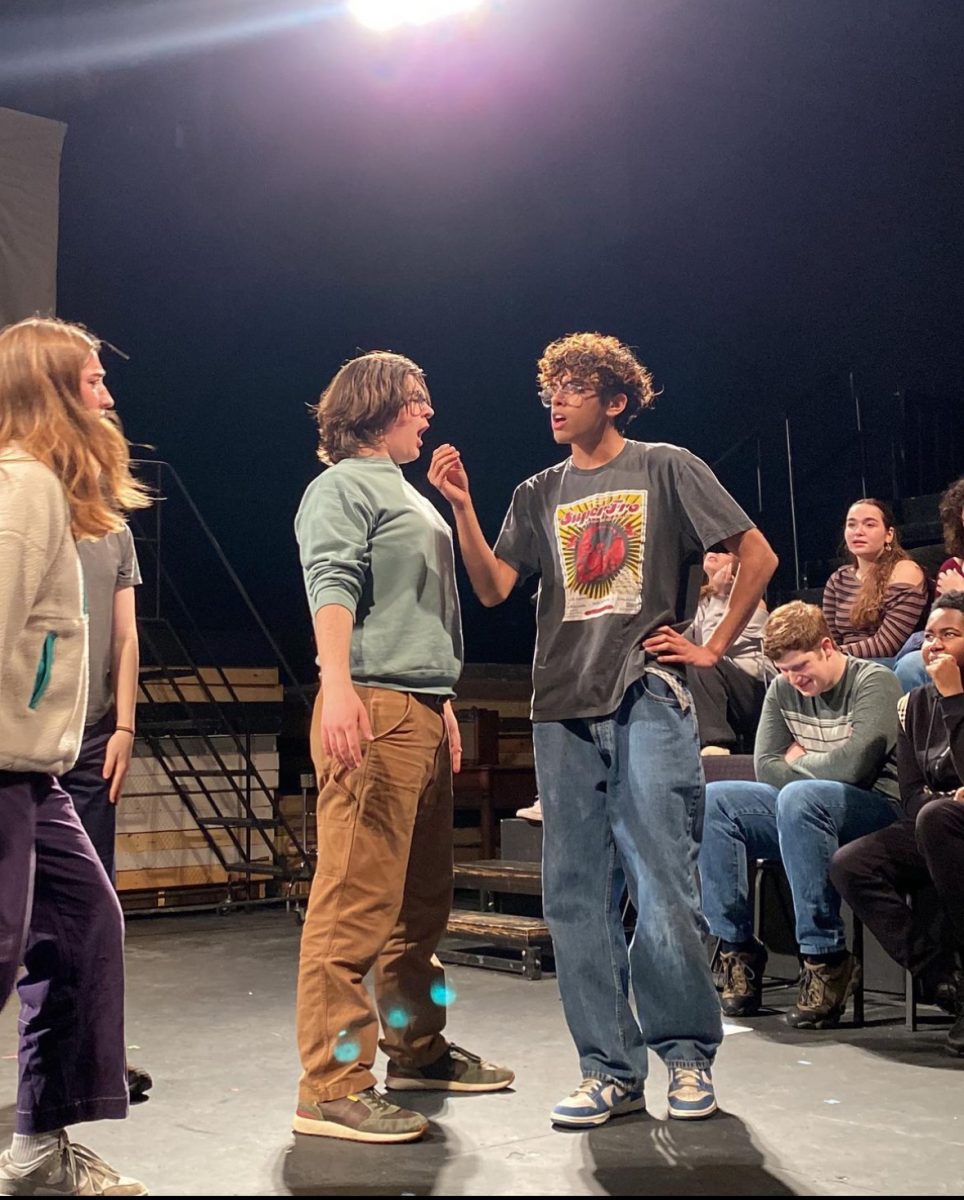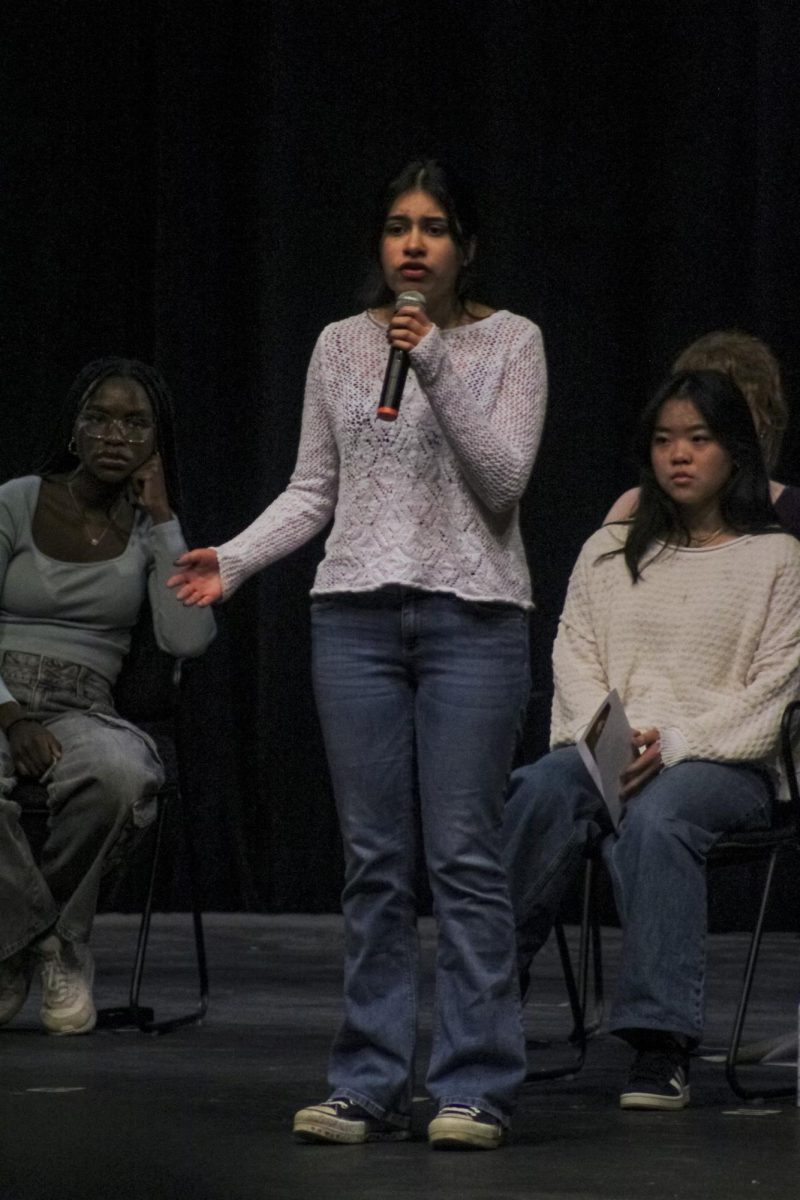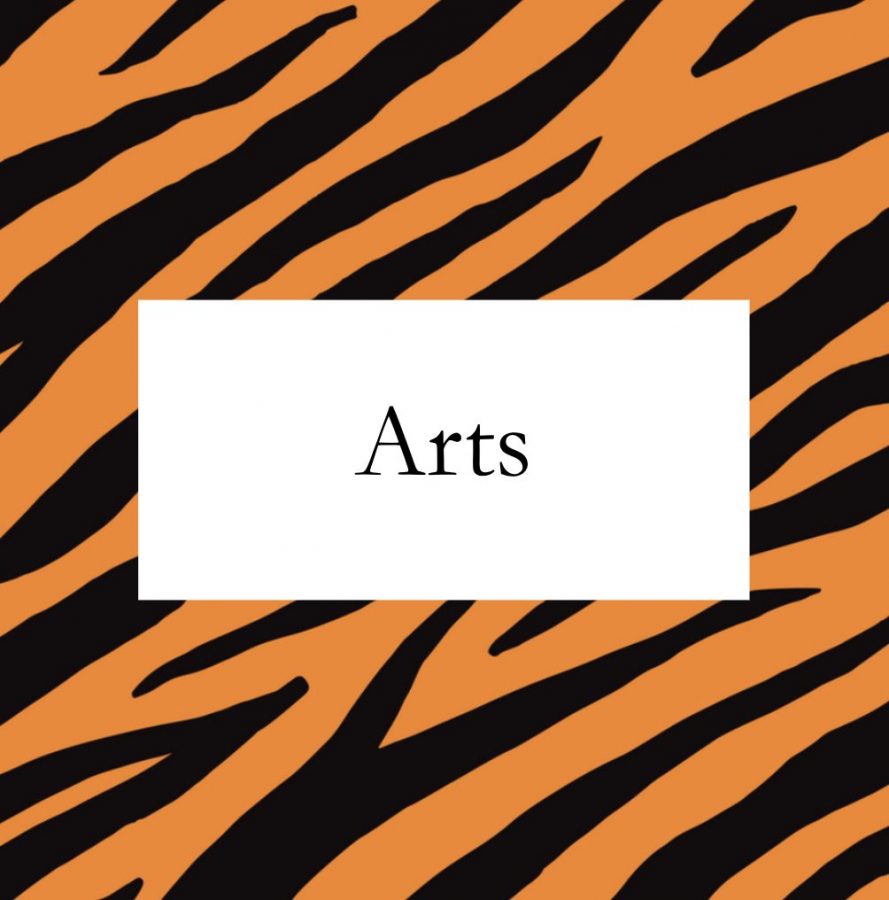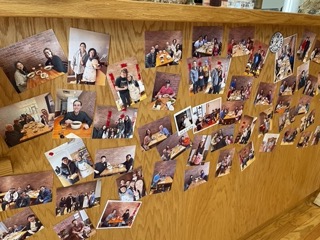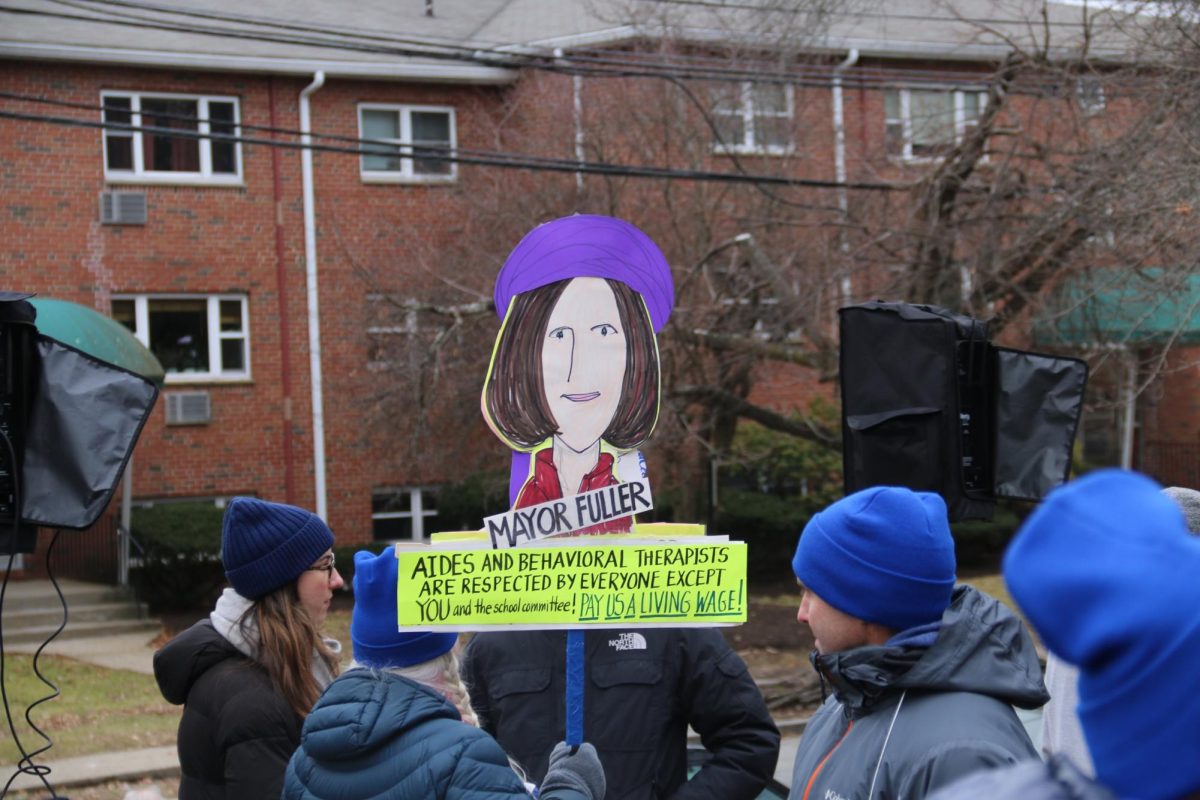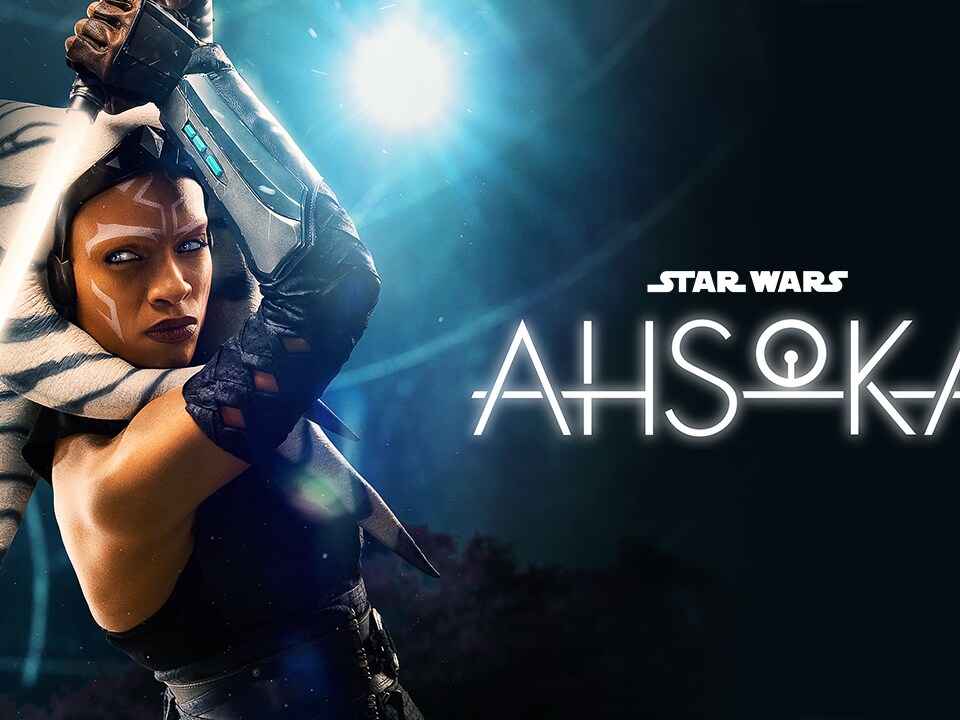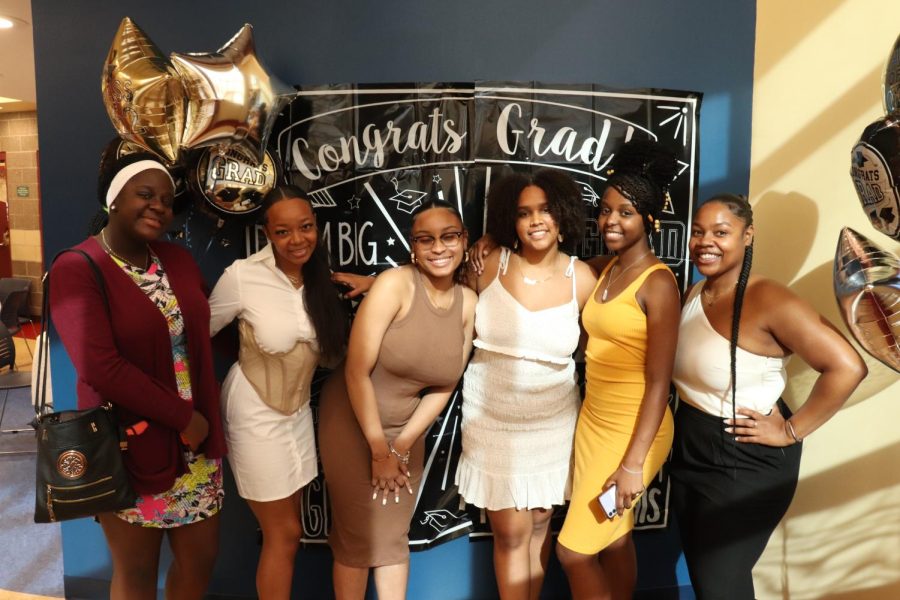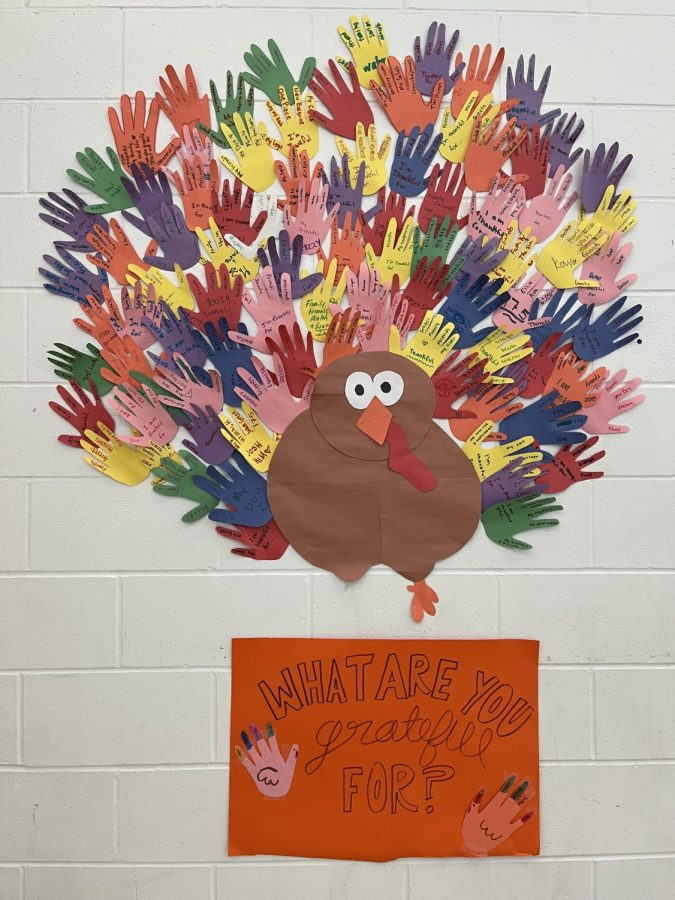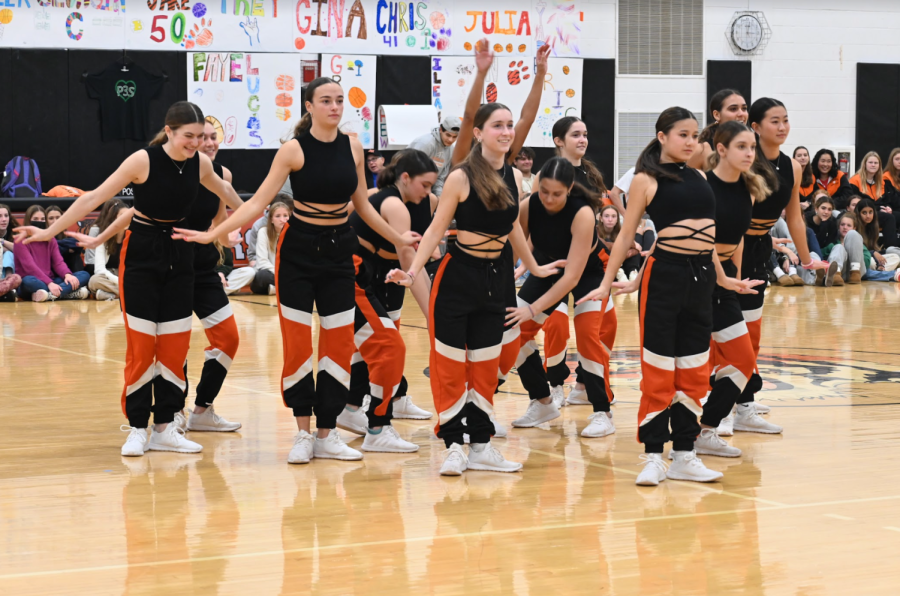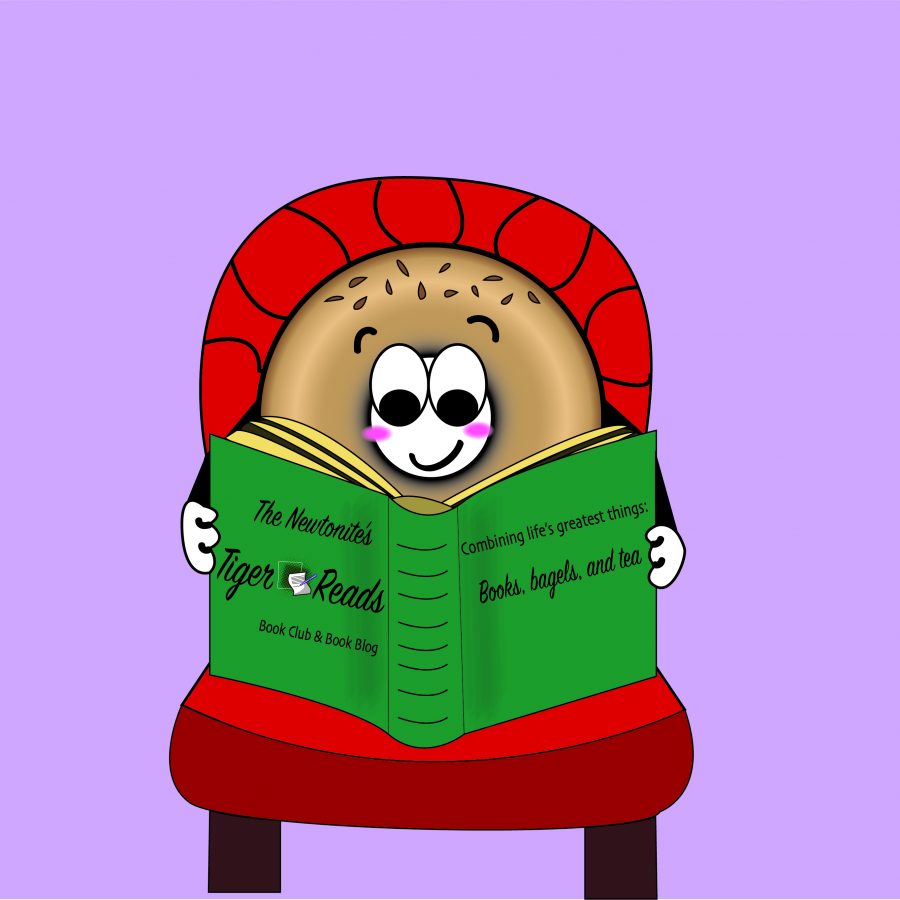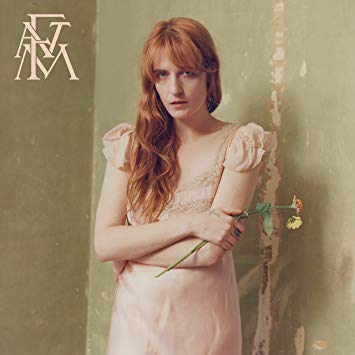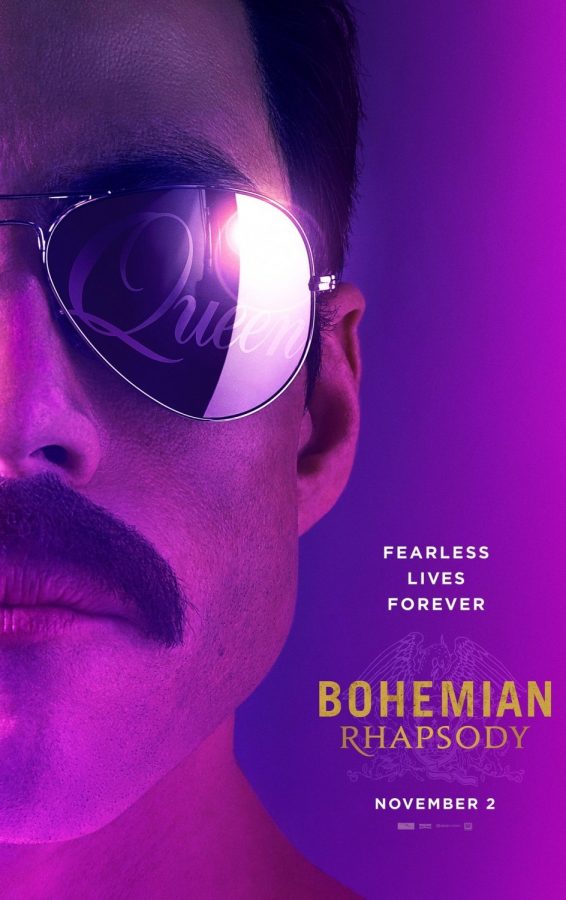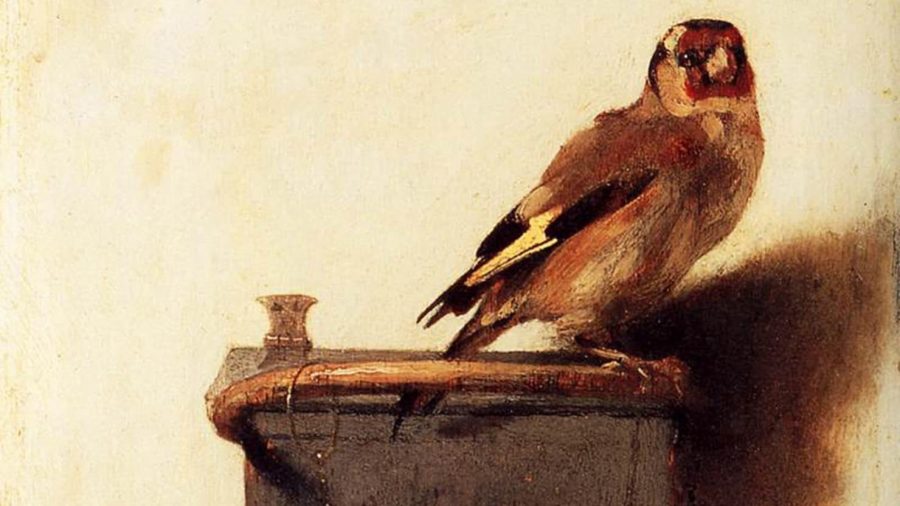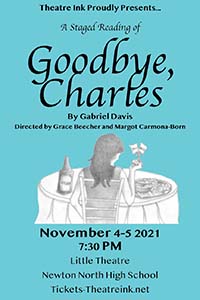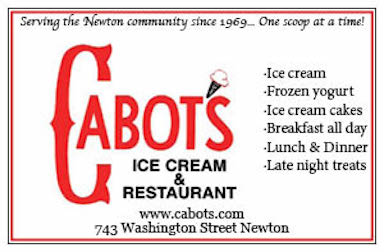by Isabel Joyce
The book tells the incredible story of a girl living in a dystopian society. An annual event—a seemingly bizarre scenario in our world, but portrayed as the norm in the book—angers her and changes her views on the society she lives in. Fortunately, she isn’t alone when she embarks on her adventure; a guy she meets accompanies her.
Okay, now which book am I referencing?
If you guess The Hunger Games, you are right. If you guess Divergent, you are right. If you guess Matched, you are right. If you guess Delirium, you are right. If you guess The Maze Runner, you are only partially right because the protagonist is a guy, but still, props to you.
Can you see what I’m getting at?
Most young adult bestselling authors usually default to the already-told successful stories—the current phenomenon today tells the story of a young woman breaking away from a dystopian society—which is smart on their part, but not so much for the bored reader.
The young adult writing formula used today is not new to the bestseller world. After The Lord of the Rings came out with its first book in 1954, Game of Thrones and the Harry Potter series rushed out to publishing companies. After Twilight was published in 2006, The Vampire Diaries turned their book series into a television show and Vampire Academy became another paranormal series along with The Mortal Instruments. And now, it’s The Hunger Games, Divergent, Matched, and countless others.
I’m not saying that Harry Potter and the Sorcerer’s Stone is not creative, compelling, and utterly heart-warming—because it still remains on my “Favorite’s” bookshelf—but, especially nowadays, the stories seem to become more and more redundant. It has come to the point where I honestly couldn’t tell my younger sister what the difference between Matched and Delirium is, because the similarities far outweigh the differences.
The New York Times explained the redundancy in young adult writing while reviewing Veronica Roth’s Divergent:
“Imagine the publishing world as it might look in a dystopian universe in the distant future. In this world, college English majors — call them “Englies” — aspire to write only one kind of book: the dystopian young adult novel set in the distant future. (Englies of a certain status are permitted to write about dystopias populated by vampires.) Another subset of the population — “the Fans” — provides a kind of slave labor, posting endlessly to dedicated blogs and recording podcasts, providing free marketing for an unceasing succession of aspiring best-seller trilogies.”
The author of said article, Susan Dominus, sums up the issue of the young adult literature today perfectly, claiming Divergent doesn’t really “distinguish” itself from The Hunger Games because the two share similar language and concepts.
The problem in young adult literature today is that authors use less and less of their creative mind, creating “new” pieces from the structure and language of already-written bestsellers to make a big name for themselves in the literary world.
Breaking News
- February 1Foreign exchange program departures set to proceed on schedule amid teacher strike
- February 1Teacher strike reaches two full weeks as contract negotiations continue to progress
- January 31Newton parent files lawsuit against NTA amid prolonged strike
- January 31Committee anticipates new union proposal on thirteenth day of strike
- January 30Rejected contract proposals prolong negotiations amid ongoing teacher strike
- January 28School days in jeopardy as contract negotiations continue, NTA compromise package awaits approval
- January 25Teachers strike marks seventh day with progress in ongoing negotiations
- January 25Controversy surrounds NPS instagram posts criticizing teachers’ strike
- January 25Congresswoman Ayanna Pressley supports Newton Teachers Association in urgent call for education funding
- January 23Teachers continue strike amid fines and ongoing negotiations
TOP POSTS
- Wrestling Head coach John Staulo honored with induction into New England Hall of Fame after 27 years of coaching at North
- North's jazz ensemble strikes gold at MAJE regional festival
- Art Major IV students paint new generation of murals
- Winter varsity dance team shines at UDA nationals despite budget cuts
- New cafeteria lunch containers help make North more sustainable
- Boys hockey falls to Weymouth at annual senior night
- Chicago brings the roaring 20s to Lasker Auditorium
- Improv Jam provides the audience with a top-tier experience interacting with the show
- Sophomore speeches showcase variety of underrepresented topics
- Mean Girls Adaptation Lacks Spark of Original Movie









